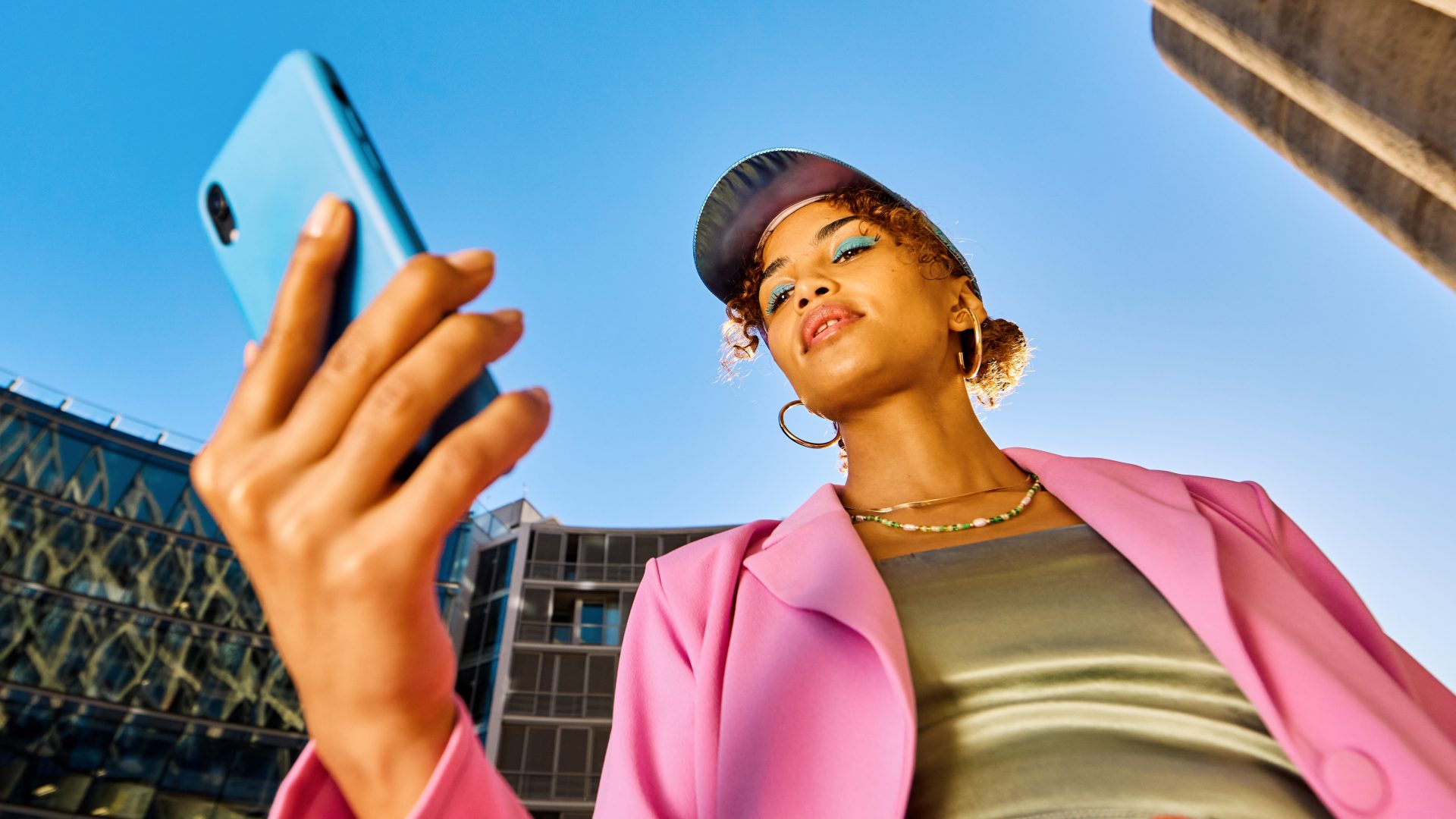
We’re two weeks from the election and new data about a voting block has been released. We’re sure from the title you can guess who the study is about-creators. In 2024, content creators are so influential they can now be considered a class of their own that will sway election outcomes. Presidential campaigns have to tend to the needs of creators, and they face a unique set of issues, as a survey conducted by Kajabi discovered. Research is usually done to predict the voting patterns of people of the same race, sexual orientation, residence, etc., so for creators to be considered a demographic shows how much American needs have evolved. 65% of Gen Z consider themselves video creators, so if a campaign wants to win over young adults, it has to address their issues in its campaign strategy.
So far, neither leading candidate has made many efforts to support creators’ demands, but one party has incorporated creators into its outreach efforts. In August, the Democratic National Convention granted press passes to influencers and content creators. This was the first time in history a party aggressively accepted the significance of influencers by treating them as traditional media. It created a lot of uproar, but it showed the direction of the press and who holds the power to persuade. Creators are being used to amplify candidates, but candidates have not been amplifying the needs of creators. Granted, this is a very new demographic, so their issues are not as mainstream as other demographics and their problems (women and reproductive rights, millennials and home buying, those who reside in sanctuary cities and immigration, etc.), but with the increasing impact of creators, those who want to run for office in the future will have no choice but to acknowledge matters they care about most. Here are the top three issues that inform how creators will vote—
Fair Pay
In a survey of over 500 US participants, 57% of creators said fair pay is their primary concern. Without creators, TikTok, Instagram, and YouTube wouldn’t have a brand value in the billions. Yet, nearly 50% of creators make less than $10,000 a year. Get this—for every $100 TikTok earns, the creator takes home $6.25. That enrages those who work so hard to ideate, write, and edit content that keeps consumers entertained. If candidates want creators on their side, they should start detailing a strategy for them to be paid fairly.
Regulation of Social Media Platforms
48% of creators said regulation was a top concern. Regulation can mean many things, but there’s been a lot of buzz about regulating information on social media platforms in recent years, which can impede the First Amendment, free speech. In 2021, Meta was sued by a digital strategist who claimed his account was suspended for sharing data about COVID that challenged views endorsed by the Biden administration. On the flip side, creators claimed anti-white supremacy and anti-racism posts were censored on social media during the George Floyed activism era. Similarly, after Elon Musk purchased Twitter, hate speech surged as he firmly believes in less restrictive policies around free speech. The Federal Communications Commission (FCC) does not regulate online platforms. Therefore, there are limited federal regulations that social media platforms have to abide by to ensure a healthy and safe experience. Getting these platforms in one accord, regulated under the same jurisdiction, is an issue political candidates must consider to win over creators.
Copyright Law and Fair Use Policy
47% of creators want copyright law and fair use policies updated. Once a video goes viral, people take advantage of the creator’s speech or likeness to produce profit for themselves that doesn’t return to the original creator. We’ve seen this recently with Jools Lebron, creator of ‘very mindful, very demure.’ A trademark battle between her and a man in Washington state, Jefferson Bates, is still pending. Because of this situation, deals can be held up for Lebron. The rights creators have are outdated and must catch up with the times, especially as artificial intelligence enters the conversations. That’s an issue politicians will need to address sooner rather than later.
To learn more about the issues facing creators, check out Kabaji’s new campaign, “Reality of the Creator Economy.”
About the Author: Shelby Denise Smith is a Social Media Editor and Freelance Writer. She’s passionate about lifestyle, wellness, travel, and culture. Smith enjoys packaging the insight she receives into stories that can positively impact the livelihood of others.